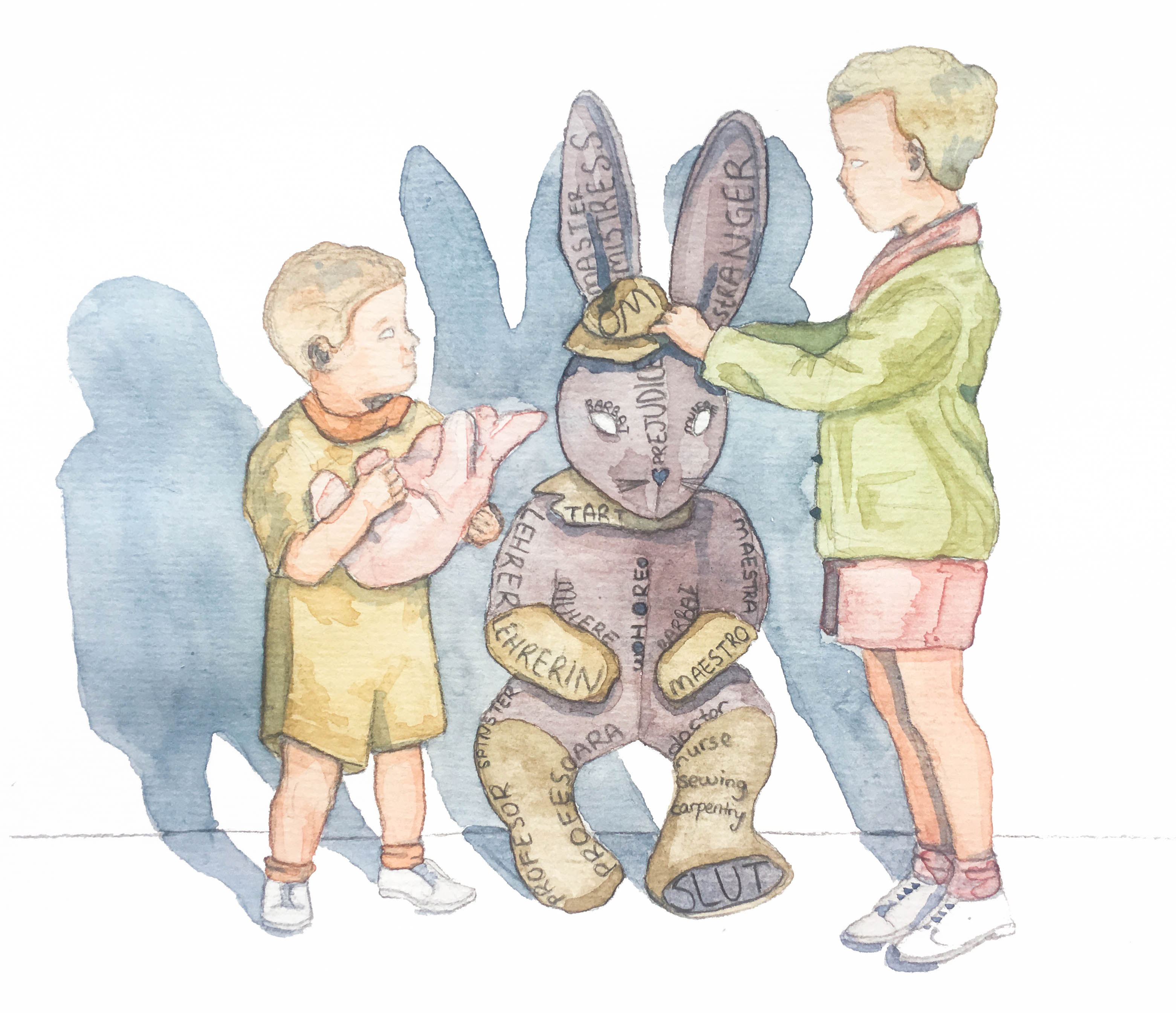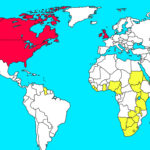While many may have noticed this before, it is crucial to understand that the way in which our languages are structured oftentimes breeds social issues. Language stands at the core of a person’s experiences and ideas, and its default structure often limits or expands our thinking.
By Ioana Cristina Cristocea / 7.5.2017
As human beings, our brain thinks in a default language. As people become bilingual or multilingual, they often embrace slight shifts in their personalities based on the language they choose to express themselves in. This very fact indicates that some structures are shaped by the language used, and as such, it is of crucial importance to be aware of these patterns and to accept or dismiss them in various contexts.
To illustrate the need for language awareness, the word “stranger” serves as a starting point. While half of those who read the word will think initially of what would be described as a person unknown to the self, the other half would see it as meaning weirder. For precision, an employment of the Oxford dictionary is necessary to allow it to illustrate the two possibilities of understanding this word – stranger is either “a person whom one does not know or with whom one is not familiar” or more (than what is defined to be) “unusual or surprising; difficult to understand or explain”.
Furthermore, looking at “prejudice” for example. “Prejudice” means a “preconceived opinion that is not based on reason or actual experience.” However, it also means “harm or injury that results or may result from some action or judgement.”
These similarities do make us wonder whether those words are connected and if so, in what way. Did our ancestors, the ones that created the confusing language system, try to suggest that a stranger is someone one should be afraid of? Or rather, did they try to raise a red flag by illustrating the harm that a prejudiced opinion can cause? These coincidences, labelled as such due to the confusing nature of their occurrences, should serve us in understanding why the language we use is so important.
Language is a door opener in many aspects. The replacement of a word can change the whole meaning of the point we are making and can unravel so many different nuances that would, without this change, be lost. Words induce a certain mind-frame, as they come with a pack of feelings often perceived when using them. These get easily transmitted to others and are able in turn to spark different reactions. “Stranger things will happen” might make you shiver for a tiny second there.
There are many more problems that derive from language structure. The simple existence of gender-based labels is one of the most widely spread problems. In many languages across the globe, professions have different masculine and feminine nouns to accompany them. German, Spanish, Italian, Romanian are just few of the languages maintaining this old structure. “Profesor/ profesoara” in Romanian, “Lehrer/ Lehrerin” in German, “Maestro, Maestra” in Spanish. There is absolutely no reason why the gender of a person would matter in their job orientation, but having different words for naming them suggests such an importance.

Illustration: Begüm Saral
Additionally, a crucial example is found in the Romanian language. In Romanian, the word “om”, which translates to human, is considered to be a new word that has entered into the language and has been imported from French. (Such words are called “neologisms”.) The reason behind this is the fact that before, there was no word that people could use to refer to a human being, and as such they had to refer to people based on their gender. “Barbat” = male, and “Muiere” = female were used. What is even more puzzling is the fact that “muiere” is today used with a certain derogative tone, much resembling the old pattern of women belonging to men.
These are not only theoretical considerations. Language has a direct effect on our actions. Studies suggest, that when referring to a profession with only the masculine noun, girls consider these occupations to be harder to achieve than when referring to it with a neutral word or both feminine and masculine expressions.
While these are only isolated examples, they aren’t exactly chosen at random. They’re chosen because they do construct the semantic family of this article’s idea, that of fighting discrimination on one more ground. This isn’t, of course, limited to double-meaning words or gender-based ones.
The problem has so much more of a scope than just this. It includes calling a woman “slut”/” whore” while in an argument. In most cases, the word choice does not express that the subject is sleeping around, it just serves as a universal insult to hurt. While it is obviously not justified to judge anybody by who they chose to sleep with, or in this example how many, it is extraordinarily important to understand that the frequent use of this word as an insult does more than just hurt people. It reinforces the stereotypes that women need to limit the number of their partners. It bears on its shoulders the idea of women being denied access to their own sexuality. It doesn’t only hurt, it erases the progress that recent history fought for, especially considering how the equivalent in male terms, “man-whore” is sometimes carried with pride as a label, reinforcing the idea that the more a man “conquers women”, the more masculine he is.
The similar pattern is applied when using a derogative word to refer to somebody’s race or ethnicity. The end goal may vary from a joke to an intentionally hurtful remark, however the result reaches far beyond the person you’re referring to.
Every choice of words matters, because they can help break old beliefs, or they can just add one more barrier to the fight we should all be part of. The first step is to become aware of the implications of the words we choose. Words matter.






Recent Comments